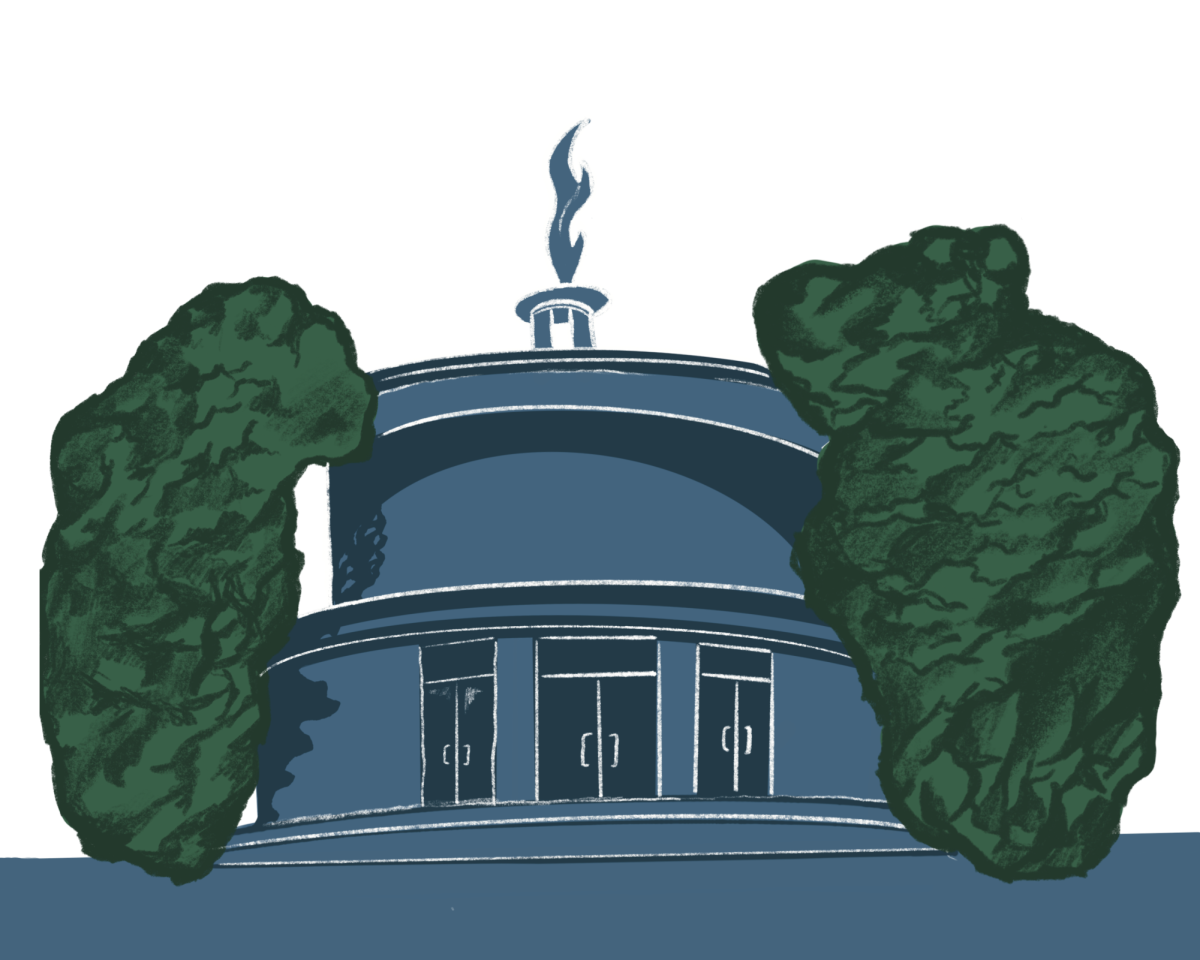Questioning the Extent of Free Speech: Je Suis Charlie
April 28, 2016
The world came out in support for satire in January, as cartoonists rallied for a magazine that made a business out of criticizing popular beliefs. They formed part of the movement known as “Je suis Charlie,” translated as “I am Charlie,” which is predicated on the right to free speech and the denouncement of terror.
Charlie Hebdo, a French satirical magazine that makes its living off of controversy, had its headquarters raided by two heavily armed gunmen on Jan. 7th. These individuals, who claimed to have been trained by Al-Qaeda, killed 12 people for their depictions of the prophet Mohammed.
The mass slaughter of Hebdo staffers was seen as unspeakably deplorable.
This view is shared by the French embassy in Washington, D.C.
“In a way, for French people, it has been a sort of 9/11 because we have been attacked at the core of our values, our democracy.” said Arnaud Guillois, a representative from the embassy.
According to Guillois, the march was made public “very late Friday evening and then it became viral on several websites and Facebook pages […] we were expecting a few hundred and there were thousands.”
“We have been overwhelmed by the multiple gestures of support we have received from multiple other countries,” he said.
This attack sparked a debate around the world about the limits and dangers of freedom of expression.
This debate is not limited to the French border; it is here in DC, and there are many sides.
American University professor Anders Hardig specializes in the Middle East and North African region. Hardig says that freedom of speech is never a guaranteed right, even in the West.
“The notion that the right response to the horrible attacks in Paris would be to produce more offensive material to prove the point that we in the ‘West’ are free to do and say what we want is not only juvenile in its logic, but actually playing right into the hands of extremists,” he said.
George Washington University student Waaris Mohammad offers a different perspective as a practicing Muslim. While agreeing that blaming an entire population for the actions of a few is wrong, Mohammad offered a potential long-term plan for countering extremist factions in his faith.
“Knowledge, I believe, is the solution to all,” he said. “Bringing education to these villages and bringing in economic support, not military presence, will help combat the problem.”
“Humans have the right to speech and to state our ideals,” Mohammad said. “These rights, however, do not grant us impunity from our words and the ramifications they elicit.”


